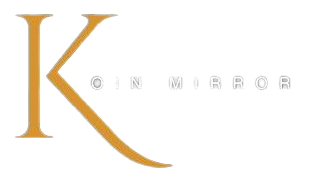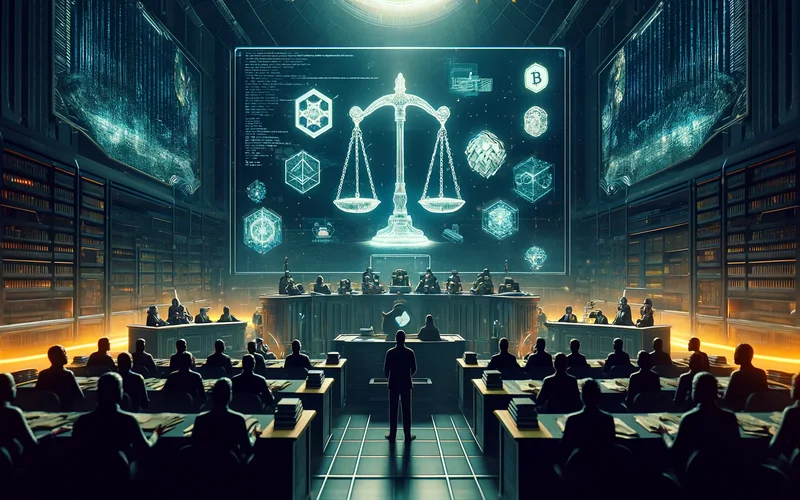[ad_1]
Key Takeaways
- Eisenberg’s Allegations: Avi Eisenberg, a crypto dealer, is being tried in New York for allegedly committing prison fraud and manipulation on the Mango Markets DeFi platform. The trial spans two weeks and entails a various jury, highlighting the fusion of finance and know-how within the case.
- Core Situation: The case facilities round Eisenberg’s actions on Mango Markets in October 2022, the place he purportedly manipulated futures contracts to inflate the value of the MNGO token; permitting him to borrow $110 million in cryptocurrencies. Regardless of returning some funds, he faces important authorized penalties.
- DeFi Regulation: This trial holds immense significance for DeFi regulation. Historically, DeFi has operated beneath the precept of “code is regulation,” avoiding conventional rules. Nonetheless, this trial challenges that notion. It treats complicated crypto actions as simple fraud circumstances, akin to earlier situations involving people like Sam Bankman-Fried and entities like Terraform Labs and Do Kwon.
- Authorized Debates: Disagreements between the protection and prosecution, reminiscent of these concerning Eisenberg’s negotiation techniques and the time period “manipulation,” underscore broader debates within the cryptocurrency realm about moral buying and selling practices in an unregulated setting.
- Scoop From Contained in the Courtroom: Jurors weren’t joyful about spending Eclipse Day in courtroom.
The problem revolves round Eisenberg’s actions in October 2022 on Mango Markets, a DeFi platform on the Solana blockchain. He supposedly used a buying and selling technique to spice up the value of the MNGO token by manipulating futures contracts. This allowed him to borrow $110 million in cryptocurrencies. Although he gave again some funds later, he confronted severe authorized hassle.
This trial is significant for DeFi regulation. Historically, DeFi has been free from rules, following the concept that “code is regulation.” However this trial challenges that, treating complicated crypto actions as easy fraud circumstances, just like previous circumstances with Sam Bankman-Fried and firms like Terraform Labs and Do Kwon.
The protection and prosecution already disagree on points like Eisenberg’s negotiation techniques and the time period “manipulation.” This highlights larger debates within the cryptocurrency world about buying and selling ethics in an unregulated house.
Scoop From Within Courtroom
- Potential jurors weren’t joyful about spending Eclipse Day in courtroom.
- One individual wished to look at the eclipse at a science museum.
- The decide promised to dim the lights in the course of the eclipse’s peak however didn’t comply with via.
- Some individuals introduced eclipse glasses.
- They solely acquired to make use of the glasses briefly whereas the decide and legal professionals talked.
- Folks took turns wanting on the partially lined solar.
- The decide talked about that they might see the eclipse once more in 20 years.
The trial brings up large questions concerning the guidelines and morals of buying and selling on open blockchains. It additionally units an instance for utilizing common legal guidelines on new monetary programs like DeFi, which don’t comply with regular guidelines.
Because the trial goes on, it’s essential to see how the jury, made up of various individuals, understands DeFi. The choice might change how we regulate DeFi sooner or later and alter the way it works.
Ultimately, the Eisenberg trial isn’t nearly one dealer. It assessments how effectively the authorized system can deal with the altering world of crypto and DeFi.
[ad_2]
Source link

